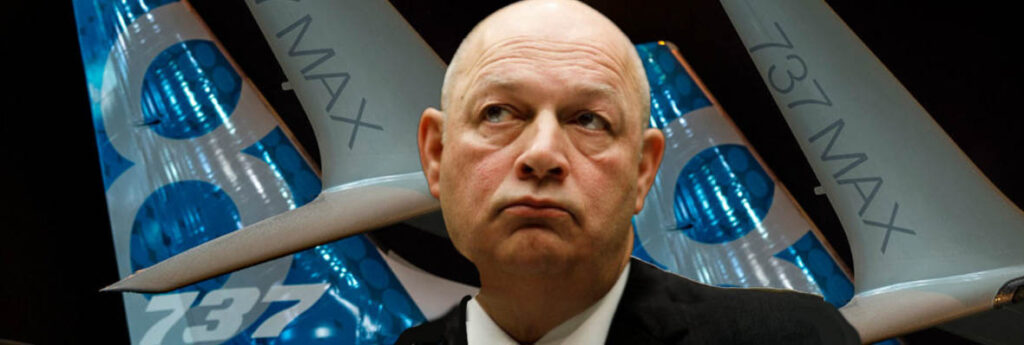More problems continue to plague the 737 Max airliner as Boeing continues to grapple with an electrical problem affecting some of the airliners. The setback is the latest in a long series of issues that is hurting the aircraft maker’s ability to deliver new planes, says Boeing.
The company revealed this week that it delivered 17 planes in April, but just four of its best-selling planes – the Max jets. CEO David Calhoun had warned analysts that April deliveries would be “light” because of the Max problem.
The slow pace of deliveries hurts Boeing’s cash generation because airlines and other customers typically pay a large chunk of a plane’s purchase price upon delivery.
The Max was grounded for 20 months after two crashes that killed 346 people. Deliveries of the jet resumed in November after Boeing updated a flight-control system, but now about 100 Max jets are idled because of an issue with electrical grounding of some parts. It has taken Boeing far longer than expected to come up with a fix.
Ed Pierson, a former Boeing production manager who has told US Congress about problems on Boeing’s assembly line, said the electrical issue should have been caught during the post-crash review of the Max. He criticized the Federal Aviation Administration for focusing its review on the flight-control system and not examining production problems.
Meanwhile, the head of the Federal Aviation Administration Stephen Dickson expressed “absolute confidence” in the Boeing 737 Max on Wednesday and said fixing the latest problem in the troubled jetliner will be “straightforward.”
He gave no date, however, for when roughly 100 grounded Max jets might be approved to fly again. Airlines that own the planes are waiting for Boeing to fix a production flaw involving improper electrical grounding of some components.
Dickson testified before a House subcommittee that holds power over FAA spending. Lawmakers quizzed Dickson about the Max, drones, disruptive passengers and other topics.
Dickson said the FAA is still looking into how changes on the Boeing production line led to the electrical-grounding problem, and whether the issue is more widespread. However, he said the fix would be straightforward, and issued a broad defense of the plane.
“I have absolute confidence in the safety of this airplane,” Dickson said. “It is performing as well or better overall than any other airplane out there.”
Dickson said he based that assessment on daily discussions between the FAA and Boeing and regular checks with airlines.
Boeing says that since returning to service late last year, Max jets have made 30,000 flights for 21 different airlines without incident.
Last year, after accusations that the FAA was too cozy with Boeing, Congress enacted changes at the agency, including money to hire and retain technically skilled people, and increased protections for whistleblowers at aircraft-making companies.
Dickson said the FAA is putting the changes into effect and has hired more safety experts. The agency still relies on Boeing employees to perform many safety-related duties – Congress didn’t change that – but it has taken back some work it was outsourcing, including some safety analysis.

